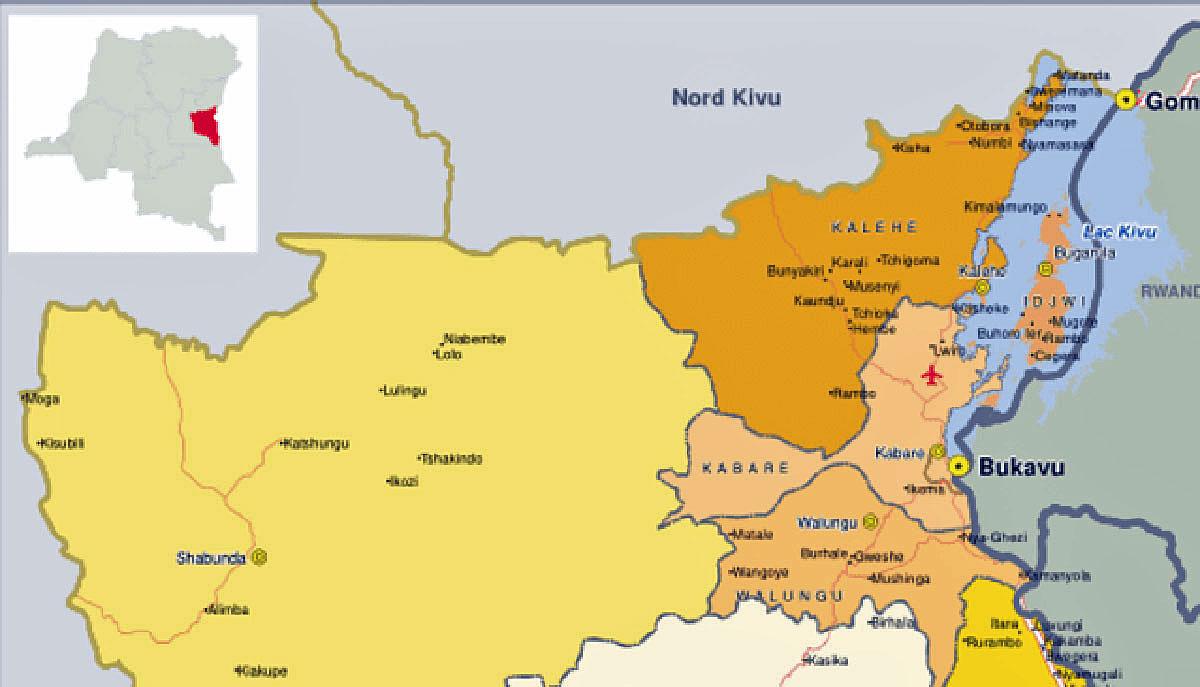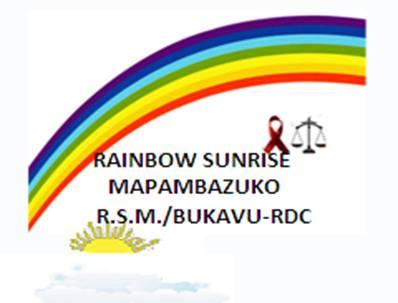Traditional chiefs in DR Congo condemn 7 trans women to slavery
Moïse Manoël-Florisse, is an African-Caribbean online journalist keeping an eye…
Traditional chiefs in the Walungu district in eastern Congo have condemned seven trans women to a life of slavery, but they escaped this summer and sought refuge with an LGBTI rights group 30 miles away in Bukavu, LGBTI rights activist Jérémie Safari reported.

Safari is the leader of Rainbow Sunrise Mapambazuko, the LGBTI organization that is sheltering the trans refugees.
Safari himself returned in May from western Congo, where he had fled after receiving death threats in the violent as well as homophobic eastern region.
Clashes between armed gangs have been going on for decades in that section of the Democratic Republic of Congo, an area racked with violence between partisans supporting Congo and those that are loyal to neighboring Rwanda.
The latest United Nations peacekeeping mission (MONUSCO) has been stationed there since 2010 to try to restore order, but pressure is building for MONUSCO to pull out because of sexual scandals and the persistent insecurity in South Kivu.
Safari reported the enslavement of the trans women in the following interview with reporter Moïse Manoel-Florisse.
Jérémie, can you describe the situation?
Since June 2022, when the office of our organization was attacked in the region of Bukavu and we were forced to relocate, we have provided emergency shelter for seven trans women, even though our administrative office really isn’t suitable for use as a shelter.
The seven trans women came from from Walungu and its surroundings in South Kivu. They were forced to leave that district, because they were reduced to a state of slavery by the traditional chiefs of their villages.
For years, they had lived a miserable life, subjected to insults, taunts and threats, punctuated by the throwing of rocks.
However, that discrimination degenerated into persecution, including sexual abuse and mutilation. Servitude came next.
How did it come to this ?

The population blames this group of seven people for transgressing local norms and customs and for living in an unnatural way. They are accused of poisoning the fields, making the soil infertile and more generally of bewitching the population.
Their death in a public place on a burning pyre was a long-standing demand of certain members of the Walungu community. As an alternative to killing them, the traditional chiefs suggested turning them into slaves and forcing them to work on a two-hectare plot of land.
After four days there, they fled and walked 30 kilometers on foot to reach the outskirts of Bukavu.
How did you get in touch with them ?
A member of our organization spotted them while they were being attacked by young people. Some of them were known to us, having worked with us in the past. They were weighed down with many objects including their phones.
By luck, we have been able to shelter them, even though the situation is precarious.
Donations to support the work of Rainbow Sunrise Mapambazuko may be made here.
Related articles :
- DR Congo: Dejected LGBTI activist returns, despite dangers (May 2022, 76crimes.com)
- Congo: LGBTI+ rights defender hides from death threats, faces prosecution (April 2022, 76crimes.com)





The here link goes to an old donation site
Here is a new donation site that they recently sent out. It’s in cooperation with All-Out.